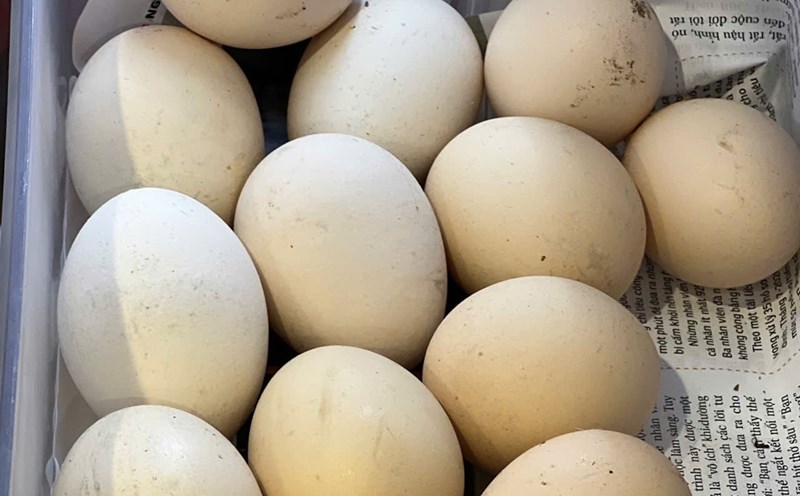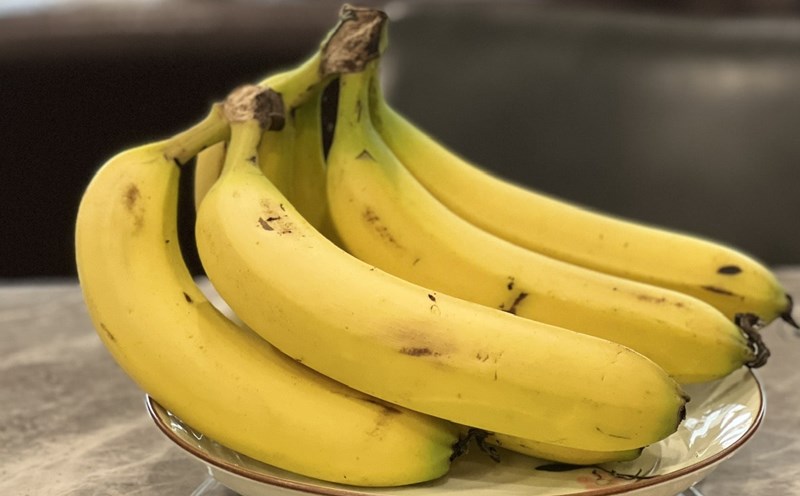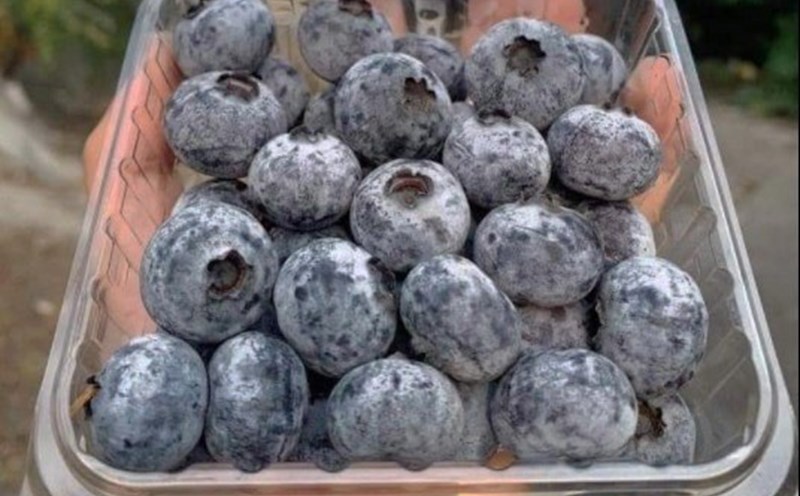Refrigerators are a popular device in every family and are considered a convenient "food storage", helping to prolong the life of use, preventing the growth of bacteria.
However, not all foods are suitable for storage in cold environments.
Here are 4 perishable foods when stored in the refrigerator, in which durian is a particularly notable case.
Durian: has a soft texture, is oily and has high enzyme activity. When placed in the refrigerator - especially the type that is not fully cooked - the detoxification reaction continues to occur in cold environments, leading to ethylene gas and a strong smell of sulfur.
storing durian in the refrigerator causes the rate of protein breakdown to increase rapidly, producing fermented compounds that can affect the respiratory system if left in a small space.
WHO warns that durian gas can increase local pressure in a closed cabinet, damaging the refrigeration system if stored in a sealed container for too long.
Store for only 6-12 hours, in a breathable container, it is best to eat it as soon as it is cooked.
Potatoes: When left in the refrigerator below 8°C, starch will be converted into sugar faster. If then cooked at high temperatures (fried, baked), a Maillard reaction occurs between sugar and amino acid asparagine, creating acrylamide - a group 2A carcinogen classified by the WHO.
Do not leave potatoes in the refrigerator, especially for a long time, to avoid the formation of high levels of acrylamide during processing.
Potatoes should be stored in a cool, dry place, at a temperature of about 10-15°C.
Tomatoes: belong to the group of fruits that are sensitive to cold. When put into the refrigerator, the cell walls of tomatoes break down, leading to fatigue, loss of flavor and reduced nutritional quality, especially lycopene - an important antioxidant that helps protect liver and cardiovascular cells.
storing tomatoes at 4°C for 3 days has reduced the lycopene content by up to 40% compared to tomatoes left at room temperature.
Store tomatoes in a cool place, without refrigeration if used for 2-3 days.
Onions: When placed in the refrigerator, they are easily moisturized, causing the outer shell to become mushy, creating conditions for mold and bacteria to invade. In addition, onions also absorb the smell of other foods, causing them to spoil quickly and cause unpleasant odors in the refrigerator.
mold on onions can produce aflatoxin, a drug that can damage the liver if accumulated for a long time.
Store onions in a cool, dry place and avoid direct sunlight.
Although a refrigerator is a useful device for food preservation, not all foods are suitable for storage in cold environments.
Foods such as durian, potatoes, tomatoes and onions when left in the refrigerator are not only more perishable but also pose a risk of Toxins or malnutrition.











